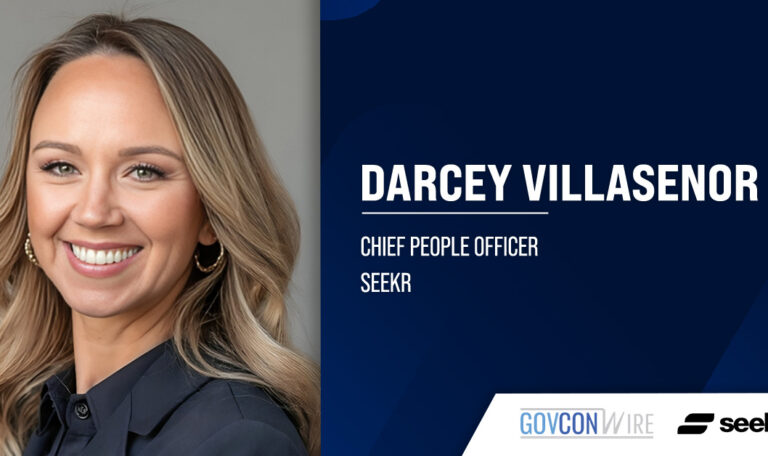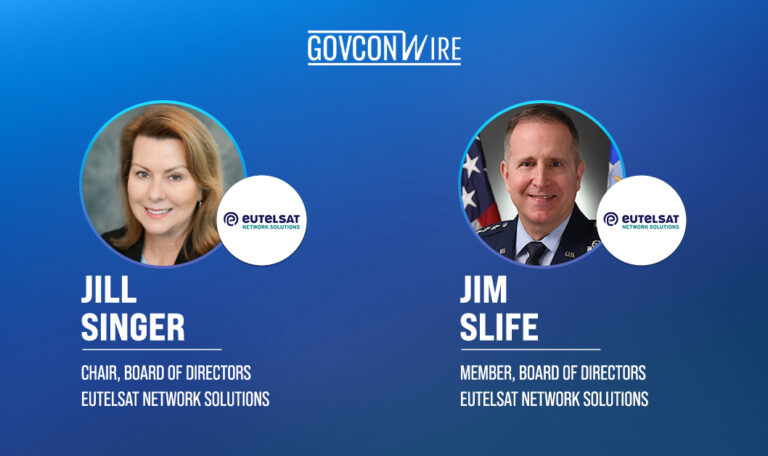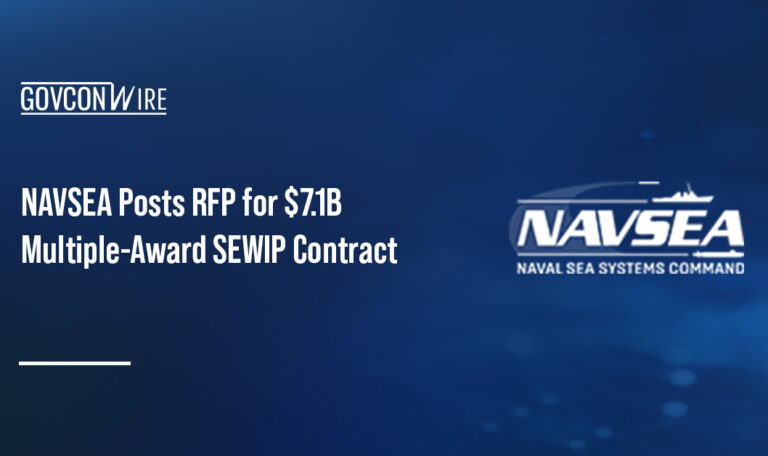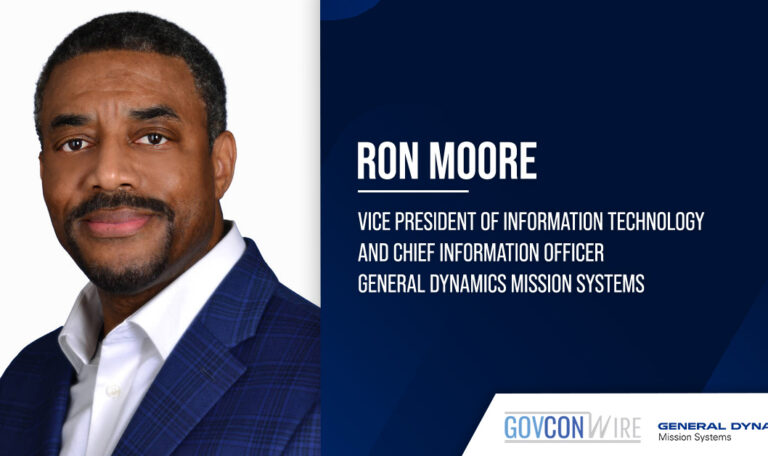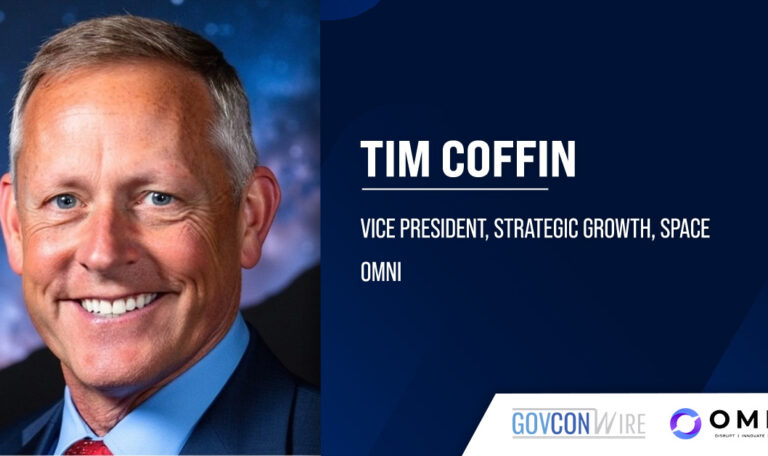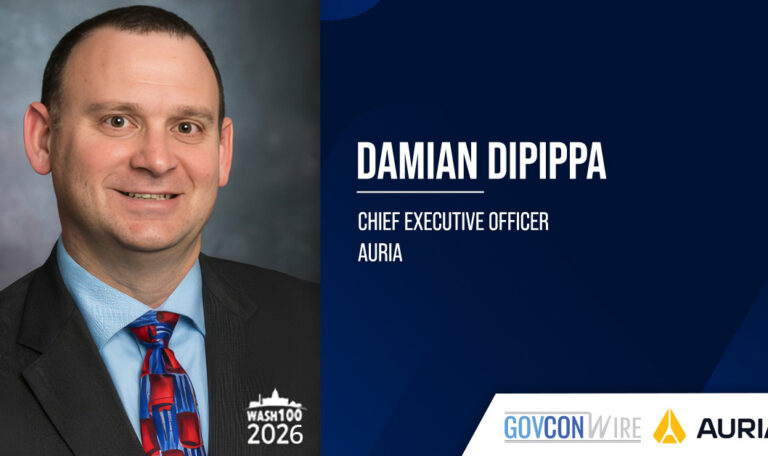By Kevin Plexico, Senior Vice President of Information Solutions at Deltek
Government contracting isn’t getting any less challenging in 2024. With a more competitive environment at the U.S. federal, state and local levels, as well as in Canada, combined with uncertainty about budgets and questions about the upcoming election, there are more questions than answers. Despite this, many government contractors are bullish on their company prospects and those of the broader industry.
These challenges—and the initiatives government contractors are using to meet them—were some of the key findings that our team of market experts included in the recently released 15th Annual Deltek Clarity Government Contracting Industry Study. Our team surveyed nearly 650 government contractors, from small to large, in a variety of industries across the U.S. and Canada and conducted interviews with notable government contracting experts to add depth to the report’s findings.
Here are five of the main themes highlighted by respondents to Deltek’s Government Contracting Clarity Study, with added context from our analysts and other key influencers in the GovCon market. This valuable information can assist government contractors as they develop their plans for next year and beyond.
1. Inflation Impacting Labor and Goods
Inflation has eased up but remains a major factor for government contractors in 2024. Over a third of respondents (36 percent) to the GovCon Clarity survey ranked labor costs as the top cost impacting their business, followed by the cost of goods at 25 percent. Low unemployment rates and inflation continue to drive competition and costs for both talent and goods. These two related factors outpaced other impactful areas, including supply chains, interest rates and compliance.
Teresa Moon, director of business development for Parabilis, mentioned that inflation is still weighing heavily on contractors’ minds. “I think inflation is still having a bigger impact than expected this year,” Moon said. “They were looking at more potential growth than what they were able to sustain profitably on what they were paying for their people and services. The cost of doing business isn’t getting any less. It’s getting more.”
2. Increased Focus on Diversification
To meet the market and budget shift challenges, many businesses are turning to diversification in the ways they pursue government dollars. Offering a more diversified set of products and services was the most mentioned among survey respondents (46 percent) in regard to how they’re shifting their government contracting revenue strategies. This approach, however, is more difficult for small businesses to pursue given they are generally unable to access the same level of resources as their larger counterparts.
Still, new products and services are a key part of many respondents’ growth plans. “Certainly, I’ve seen organizations lean into new service areas — especially IT professional service firms — as we think about the complete spectrum of emerging technology offerings, from cybersecurity to AI,” said Leo Alvarez, principal at Baker Tilly.
3. Rise of Artificial Intelligence
Artificial intelligence and machine learning have quickly become top focuses in technology for government contractors, according to survey respondents when asked to rank their investment priorities. In fact, 34 percent of those surveyed mentioned AI and ML as one of their top three priorities, ahead of both cybersecurity technologies and data management/integration tools, each at 32 percent. Companies are using AI for a variety of use cases, including optimizing internal operations, innovating in their product development and leveraging generative AI to save valuable time.
At the same time, experts are wary about companies implementing the latest AI technology without a clear plan of how it will work for them. “AI is coming at us very quickly, like cybersecurity did, and companies are ill-equipped to handle it,” said Heather Pilot, president of Pilot Hill LTD. “And they don’t understand it because it’s still new technology.”
4. Challenges for Small Businesses
Compared to their larger business peers, more small businesses (categorized in our study as those with under $20 million in revenue) are struggling. Deltek Clarity survey respondents from that sector indicated that they were less likely to grow last year, saw lower rates of growth overall and expect less growth next year. Small businesses are less likely to be able to diversify as quickly or invest as much in new tech like AI.
Although the government has made efforts to support small businesses with programs like 8(a), HUBZone and other programs offering disadvantaged or small business government contracts, many firms aren’t using them. Nearly half of small businesses surveyed (46 percent) say they are not taking advantage of these programs, which are at the center of government small business policies. “There’s probably an awareness factor of just knowing that they’re available,” said Matt Brown, CEO with Shorepoint. “I think small businesses have a focus on what they know and spend their time focused on that. I think that probably the biggest barrier to entry is just simply not knowing that they’re out there.”
5. Optimism for 2024 and Beyond
Despite all these challenges, there are plenty of reasons for optimism. The majority of survey respondents (54 percent) reported growth in overall sales revenue from the government market, a solid increase from 49 percent last year. Most respondents (58 percent) also reported that their number of contracts grew last year. This growth is more notable in some areas. For example, defense contractors mentioned particularly strong growth rates. Similarly, both midsize and large enterprise businesses saw their government sales revenues go up.
There are also positive signs looking forward. 62 percent of businesses that we surveyed are expecting revenue growth in the year ahead, and many of those are planning to invest in ways that will help those growth expectations become a reality. “Using a market intelligence solution like GovWin from Deltek helps contractors plan for their growth,” said Jeff Shen, President of Red Team Consulting. “Companies need to continually invest in their infrastructure, which is often an ignored aspect of growth.”
How GovCons Can Diversify and Win in a Competitive Market
Although there is no question that government contractors face very real challenges like those mentioned above every day, the overall outlook for the entire marketplace remains largely healthy. The survey found that in 2023, nearly every business in the industry experienced their total government sales either staying constant or increasing.
To counteract a more competitive marketplace, many businesses are planning to diversify their channels into new federal, state, local and education markets, often aided by market intelligence tools to help them understand new requirements and contracting programs as well as identify relevant opportunities earlier.
Vendors seeking more information on the state of the market, insights from their government contracting peers and experts and how their own business may compare to high-performers can find it in Deltek’s Clarity report.






